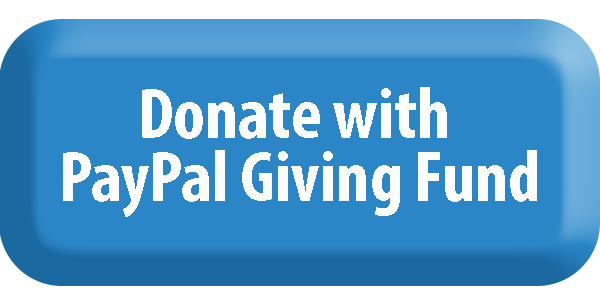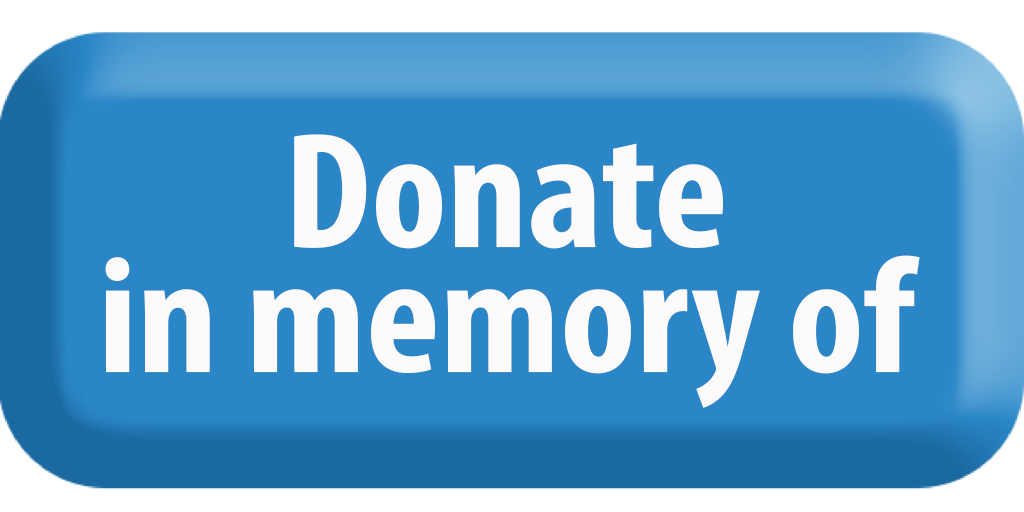Dear Hope Nation,
When I get sick, I get stupid and depressed. Really. I’m sick right now, and I feel like tic-tac-toe would be as overwhelming as chess, and I have to avert my eyes from omens. Particularly in this age, sickness carries a lot more than mandated bed rest, especially for those prone to depression. I need to work to maintain my spirits, as do all of us right now.

Bobby Kennedy said, “There is a Chinese curse which says, ‘May he live in interesting times.’” Whether we like it or not, whether we chose it or not, these are interesting days. Except for those of you who are older than 110, none of us has ever lived through a pandemic, so we don’t have a cultural storehouse to go to for advice. Still, some of the things we’ve learned in recovery can help make this journey across the Sea of During a little bit more stable. Here are two I’ve been clutching this week:
- Avoid catastrophizing. Like many folks with substance use disorder, I find it easy to determine the absolute worst outcome, then convince myself it is the most likely. You may have heard of a Texas Bullseye, where a marksman shoots at a barn wall, then goes to the bullet hole and draws concentric circles around it. It seems natural to me to do the same thing with bad outcomes.
For example, right now I have a temperature of 101 and an ability to take a four-hour “nap” followed by sleeping 10 hours at night. I’ve only been this way for a couple days, but had felt crankiness and soreness coming on since early in the week. The catastrophization gene in me, jumps immediately to, “I’ve got Covid-19 and I’m going to die.” Luckily, the hours I’ve spent in meetings help me to ask a few questions:
- Have you been sick like this before? Yes, about once a year I get some kind of sickness that lays me low for two or three days—sleeping and sweating until I’m better.
- Do you have any of the other symptoms of Covid-19—a cough, difficulty breathing? No
- If you do have Covid-19, what should you be doing? Isolating from others, getting rest, staying hydrated—all the things I’m doing, all of us are doing.
- What percentage of Covid-19 patients recover? This is a harder question to answer, according to The Lancet, because in countries where testing is widespread and random, the recovery percentage is 99%, but in countries like the United States, where patients aren’t tested until they have serious symptoms, the recovery percentage is about 93%. In either case, if I do have Covid-19, I’ve got better than a 9 in 10 chance of recovery.
These questions drive me away from catastrophe and back toward reality.
- Focus on gratitude. My first recovery mentor told me over and over, “a grateful heart will never drink,” and like so much he told me, this has proven true. In fact, while I am not a God guy, my higher power is my ability to express gratitude. Thirteen years ago, I was a resentment factory; I’ve retooled the machinery and now manufacture gratitude.
Again, we live in interesting times, but that doesn’t mean we need to abandon the practices and ways of life that drew us out of addiction and into recovery—just the opposite, in fact. Today, more than ever, I want to cling to the joy of recovery, the escape from bondage, the freedom to be who I’m meant to be. I suspect I’ll feel better tomorrow or the next day. Whether I do or not, I know the principles by which I live my life will continue to guide my footsteps.
Of course, I also want to feel better.
You matter. I matter. We matter.
Keith



